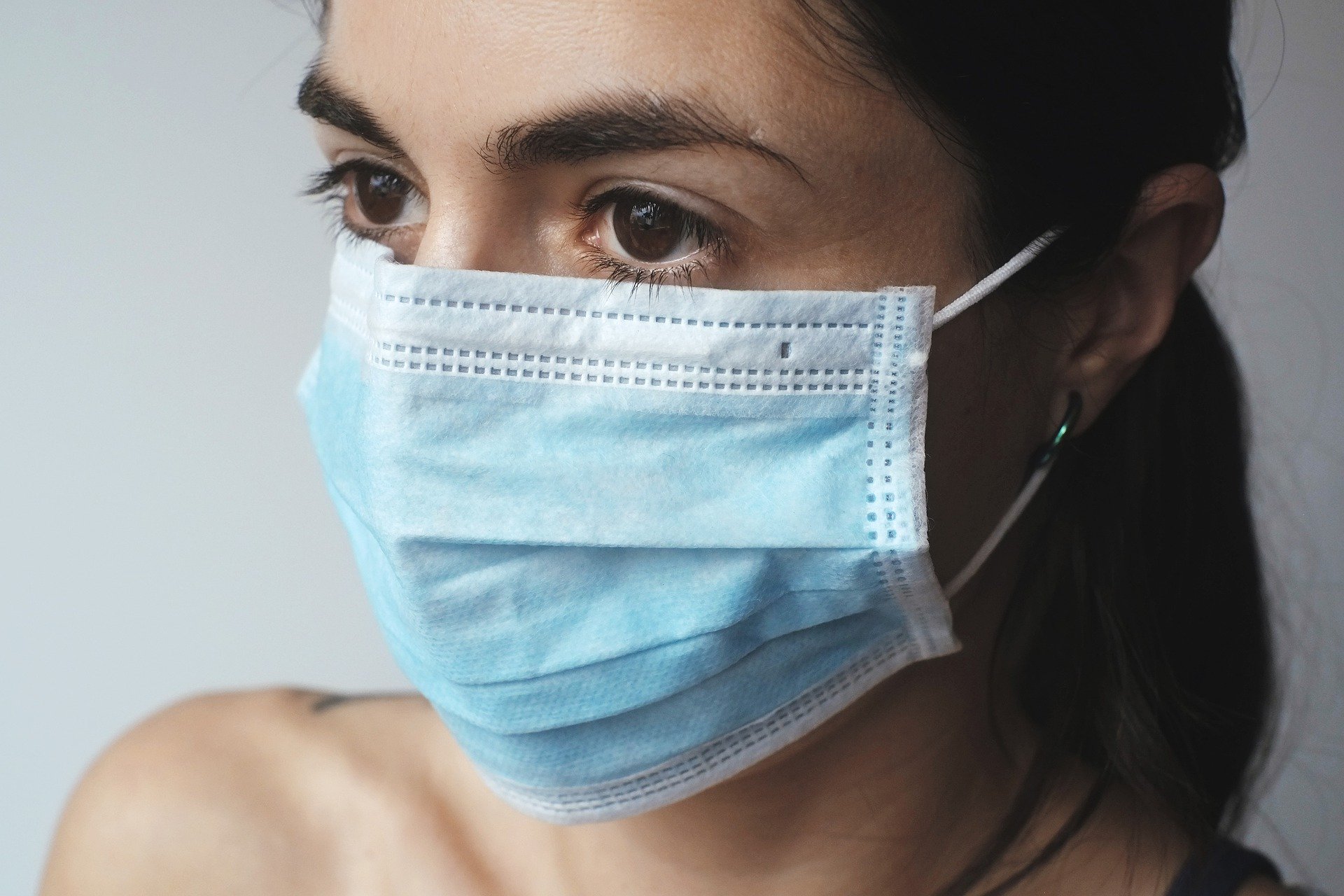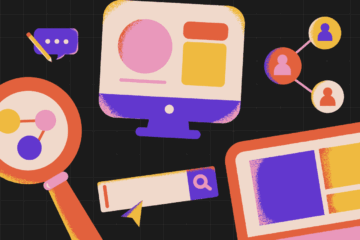Covid-19, public health, and privacy: The FMA Digital Rights Report
How does the Covid-19 pandemic impact public health surveillance and our privacy rights?
In the Philippines’ national capital region (NCR), military and police enforce a ‘community quarantine’ that restricts human movement in and outside Metro Manila, subject to necessary exceptions. Leaders urge citizens to practice social distancing to avoid exposure. The number of cases rise daily, with information sometimes spreading faster than it is verified.
Here’s what you need to know about your digital rights in the time of a pandemic:
- A report by Reuters in the Manila Bulletin provides insight on permissible data collection during a pandemic in the framework of the General Data Protection Regulation (GDPR), which governs data privacy and protection in the European Union (EU) and the European Economic Area (EEA). Even as the regulation does not pose obstacles in taking action to contain the pandemic, mass tracking of movements and mandatory taking of temperatures outside of permissible conditions may be considered violations of privacy.
- An incisive article from The Verge also discusses digital tracking and its use in a public health context, and makes an important point: information important to a public health official does not mean such information should be made public. A pandemic also provides a compelling reason to lower expectations of privacy as compared to a doctor-patient relationship imbued with stricter protections. As officials balance information collection and privacy during different stages of a pandemic, the aim is to ‘collect the minimum amount of data available to achieve a public goal.’
- As the coronavirus evolves, so too does misinformation. A CNN report discusses an issue secondary to the pandemic — an ‘infodemic,’ which, as defined by the World Health Organization (WHO) is ‘an overabundance of information — some accurate and some not — that makes it hard for people to find trustworthy sources and reliable guidance when they need it.’ A follow-up report highlights efforts to curb this infodemic, led by the International Fact-Checking Network. Speaking of fake news: the local Food and Drug Administration warns against fake test kits.
- Working from home may afford privacy benefits not possible in the office, but the remote technology you use may collect more data than you intend it to. Mashable enumerates the potential privacy gaps in popular videoconferencing technology Zoom, and makes the essential point that as technologies like these gain popularity and significance, it should not be at the expense of users’ privacy.
- In a related note, not everyone has the privilege of staying in their homes to work. CNN Philippines Life asks a more basic and fundamental question beyond issues of data privacy: how does the Covid-19 pandemic affect laborers who cannot work from home? In another report, an advocate points out the underlying issue of social inequality that must inform measures to address the pandemic.
- FMA legal advisor Jam Jacob, in his GMA News column, asks us to observe some important principles as the Philippines deals with the Covid-19 pandemic, discussing issues such as limitations to privacy in a public health emergency, how consent is not always a prerequisite to data processing, data minimization, the all-important task of balancing public interests and human rights, and accountability. Also read the National Privacy Commission’s statement in this regard.
- Updates on Covid-2019, among others, are available in the Department of Health website. Everyone is urged to combat disinformation and secure and share news only from legitimate resources. We at FMA also encourage everyone to wash their hands, practice social distancing, and remain calm and critical in these challenging times.
For questions about the Digital Rights Report, send us an email at info@fma.ph.




0 Comments